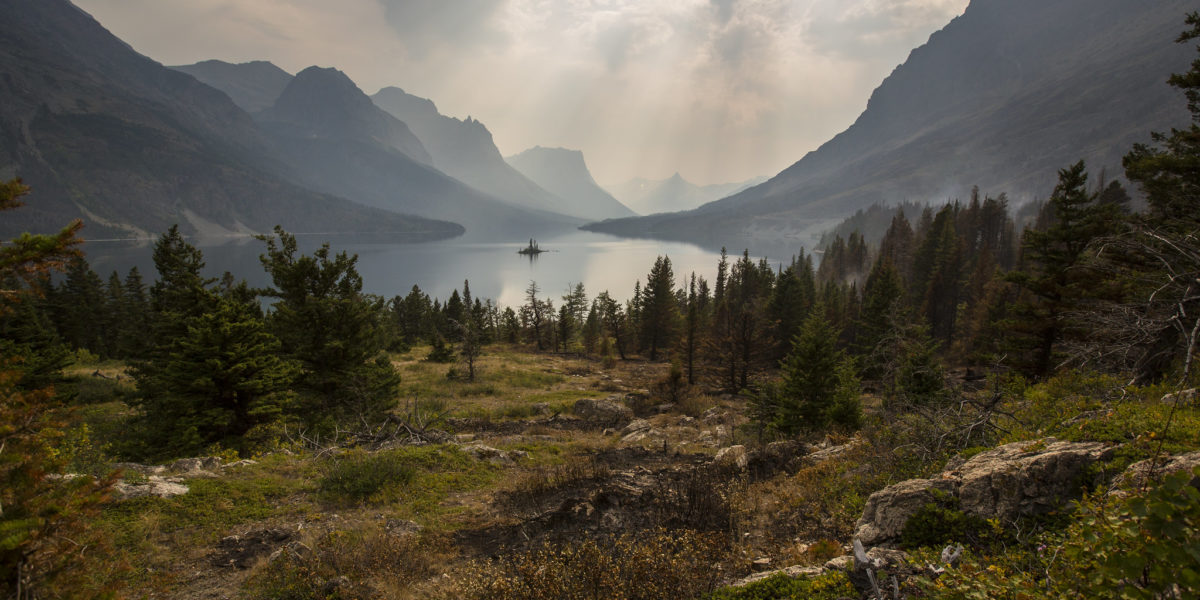
Senate Gives Public Lands Big Victory with Great American Outdoors Act
Public land conservation and maintenance efforts will now receive nearly $2 billion a year.

Land conservation notched a significant victory this week when the U.S. Senate passed the Great American Outdoors Act, the most dramatic allocation of resources made for the conservation of public lands in decades.
Barring any unforeseen hiccups in the House, the bill, approved Wednesday by a 73-25 vote, is expected to provide a two-pronged funding source that will not only double the amount issued to the Land and Water Conservation Fund—to $900 million a year—but also designate nearly $2 billion a year for maintenance and restoration efforts.
Proponents of the legislation, meanwhile, anticipate the new bill will be as prosperous economically as it will for conservation, with efforts expected to create at least 100,000 new jobs in public land areas that have been economically devastated by the Covid-19 pandemic.
“Public lands hold a unique place in the life of every state in America—from their natural beauty to their use for recreation to their pivotal roles in local economies,″ Senate Majority Leader Mitch McConnell, R-Ky., told the Associated Press.
McConnell added that the legislation will “ensure this inheritance will stand the test of time for generations of Americans yet to come.″
Other Senate members applauded the bipartisan bill’s lopsided approval, meanwhile, with democratic West Virginia Sen. Joe Manchin commenting that “The best politics is good government.″
“That’s the reason we’re here: to get something done.″
One day after the Senate’s bill approval of the legislation, the National Park Service, California State Parks, and Save the Redwoods League announced immediate plans for conservation initiatives by Redwoods Rising, an organization launched in 2018 with a goal of creating jobs in the region through the restoration of Redwood National and State Parks.
In the coming months the organization will renovate approximately six miles of old, dilapidated logging roads and stream crossings in addition to completing the much-needed thinning of dense forest areas, a spokesperson announced.
The collaborative endeavor, which includes contributions from California’s largest Native American demographic, the Yurok Tribe, is expected to result in the restoration of more than 70,000 acres over a span of decades.
“This restoration project is essential to the long-term health of California’s redwood forests and the region’s environmental well-being, and it will also play an important role in the local economy by employing nearly 100 people during this difficult economic period,” Victor Bjelajac, the district superintendent of California State Parks, North Coast Redwoods, said in a release.
“Redwoods have a vital role to play in maintaining California’s climate resilience. This work and the employment opportunities it provides are key to the health and welfare of the region.”
Back on Capitol Hill Sen. Maria Cantwell, D-Wash, highlighted the importance of the outdoor recreation and tourism industry, the bulk of which is in the West, by citing its consumer spending of nearly $900 billion-per-year and 7.6 million jobs.
“America deserves a break right now,” Cantwell said. “And the outdoors is restorative.″
